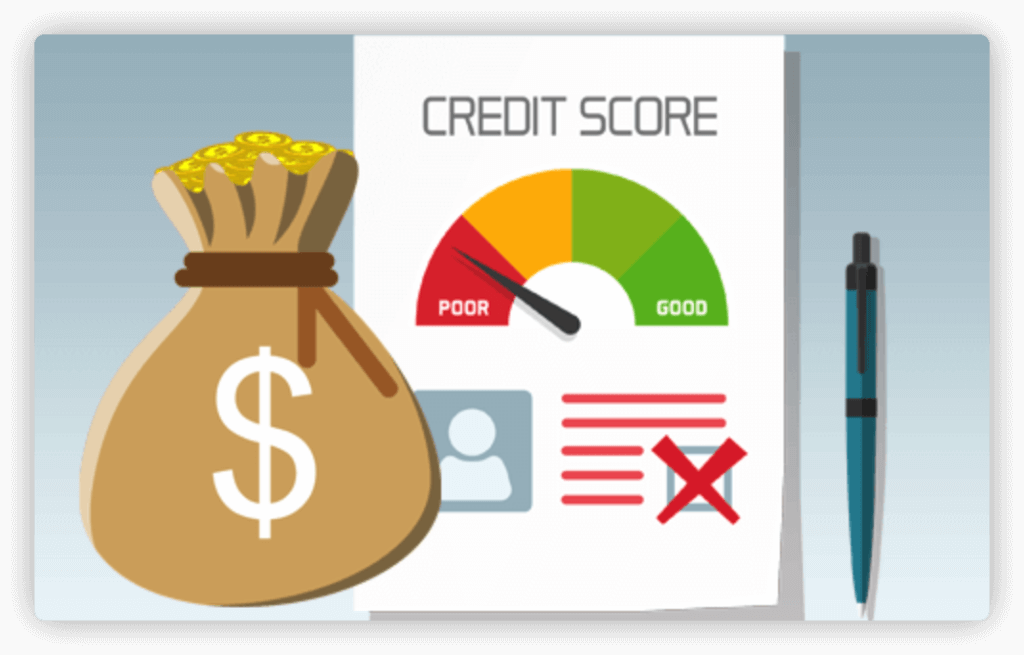
Debt and credit scores are closely related, as your debt can have a significant impact on your credit score. In this article, we’ll explain how your debt affects your credit score and discuss strategies for improving your credit score.
How your debt affects your credit score:
Your credit score is a numerical representation of your creditworthiness, based on information from your credit report. It is used by lenders to determine your risk as a borrower and to determine the interest rate you will be charged for loans.
One of the key factors that affects your credit score is your debt-to-income ratio, which is calculated by dividing your total monthly debt payments by your total monthly income. A high debt-to-income ratio can indicate to lenders that you are carrying too much debt and may be at risk of defaulting on your loans. This can lower your credit score.
In addition, your credit score may be affected by your payment history and the types of debt you have. Late payments or missed payments can negatively impact your credit score, as can having a high balance on your credit cards or a high number of credit inquiries. On the other hand, having a variety of different types of credit, such as a mortgage, a car loan, and a credit card, and making timely payments on all of your debts can help to improve your credit score.
Strategies for improving your credit score:
- Pay your bills on time: One of the most important things you can do to improve your credit score is to pay your bills on time. Late payments or missed payments can have a significant negative impact on your credit score.
- Pay down your debt: Reducing your debt can help to improve your credit score by lowering your debt-to-income ratio and reducing the risk of default. You can pay down your debt by making larger payments than the minimum required payment or by consolidating your debt into a single loan or credit line with a lower interest rate.
- Use your credit responsibly: Using your credit responsibly can also help to improve your credit score. This includes using a low percentage of your available credit on your credit cards, avoiding making too many credit inquiries in a short period of time, and avoiding maxing out your credit cards.
- Check your credit report: Finally, it’s important to regularly check your credit report to ensure that the information it contains is accurate. If you find errors on your credit report, you can dispute them with the credit bureau and have them corrected.
In conclusion, your debt can have a significant impact on your credit score, and it’s important to manage your debt responsibly in order to improve your credit score. By paying your bills on time, paying down your debt, using your credit responsibly, and regularly checking your credit report, you can work towards improving your credit score and positioning yourself for a better financial future. Remember, it takes time to improve your credit score, so be patient and stay committed to making financial changes that will benefit you in the long run.
